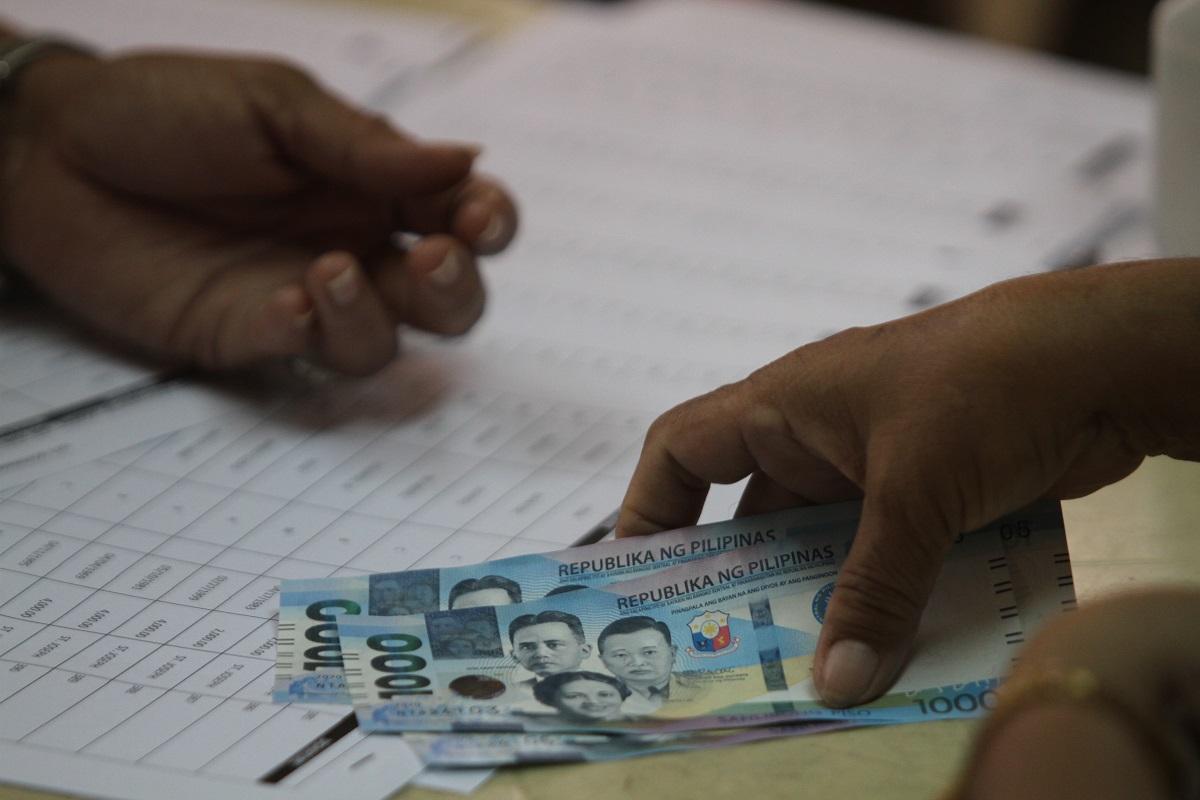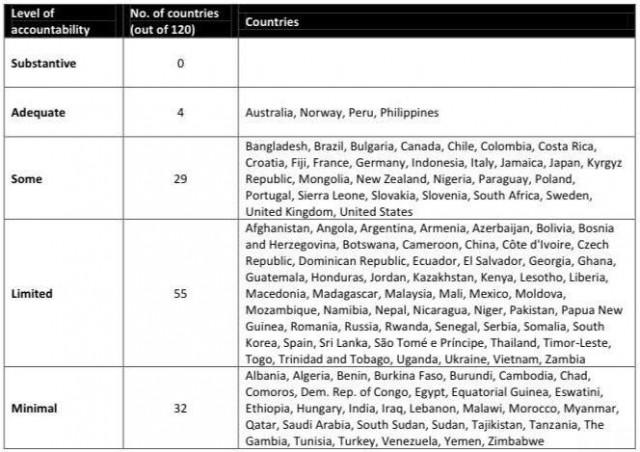Philippines tops in global accountability scorecard in COVID-19 fiscal responses

The Philippines is among four countries which demonstrated an “adequate” level of accountability in its early COVID-19 fiscal policy responses, according to a report released by the independent group International Budget Partnership (IBP).
In its report “Managing COVID Funds: The Accountability Gap,” the IBP said that “in the Philippines, specific provisions included in the ‘Bayanihan to Heal as One Act’ —the law detailing COVID-19 response measures— to ensure that weekly reports on COVID-19 response actions are sent to a Joint Congressional Oversight Committee that oversees implementation.”
“In addition, the Congressional Policy and Budget Research Department (CPBRD) conducted a results-based assessment of this Act,” the IBP said.

The Philippines, along with Australia, Norway, and Peru are the only countries that reached an “adequate” level of accountability in early COVID-19 fiscal policy responses.
Meanwhile, no country reached the “substantive” level, the highest level of fiscal responses accountability in IBP’s scorecard.
This, as the main finding of the study, showed that governments are falling short of managing their fiscal policy response to the crisis in a transparent and accountable manner.
As a result, more than two-third of countries have only provided limited or minimal levels of accountability in the formulation and implementation of their fiscal policy response.
The IBP’s assessment covered 120 countries between March 1 and September 30, 2020.
It used a set of 26 new indicators developed by international bodies to examine transparency, public participation and oversight of emergency fiscal policy packages introduced by governments in response to the COVID-19 pandemic.
IBP’s survey was answered by both civil society groups and central governments.
In particular, the Philippines was assessed based on its transparency measures, extent of public engagement and oversight powers over its fiscal measures, as implemented under the Republic Act No. 11469 or the Bayanihan to Heal as One Act.
The measures evaluated include direct fiscal support, tax relief measures, as well as credit and liquidity support.
The IBP cited the Philippines’ practices of publishing and submitting weekly reports to the Congress and the conduct of public consultations on COVID-19 response policies and programs through the “Dagyaw 2020: Open Government Virtual Town Hall Meetings.”
In a separate statement, the Department of Budget and Management (DBM) welcomed the results of the IBP’s rapid assessment survey.
“This is an exemplification of the National Government’s continuous efforts towards upholding fiscal transparency and accountability, despite the unexpected, unprecedented impacts of the COVID-19 pandemic,” the DBM said.
“Dedicated to sustaining the country’s recent positive performance in global rankings on accountability and transparency, the DBM commits to remain as a champion of open and participatory governance by delivering more concrete, felt and transformative results to the citizens especially during these challenging times,” it said.—LDF, GMA News




